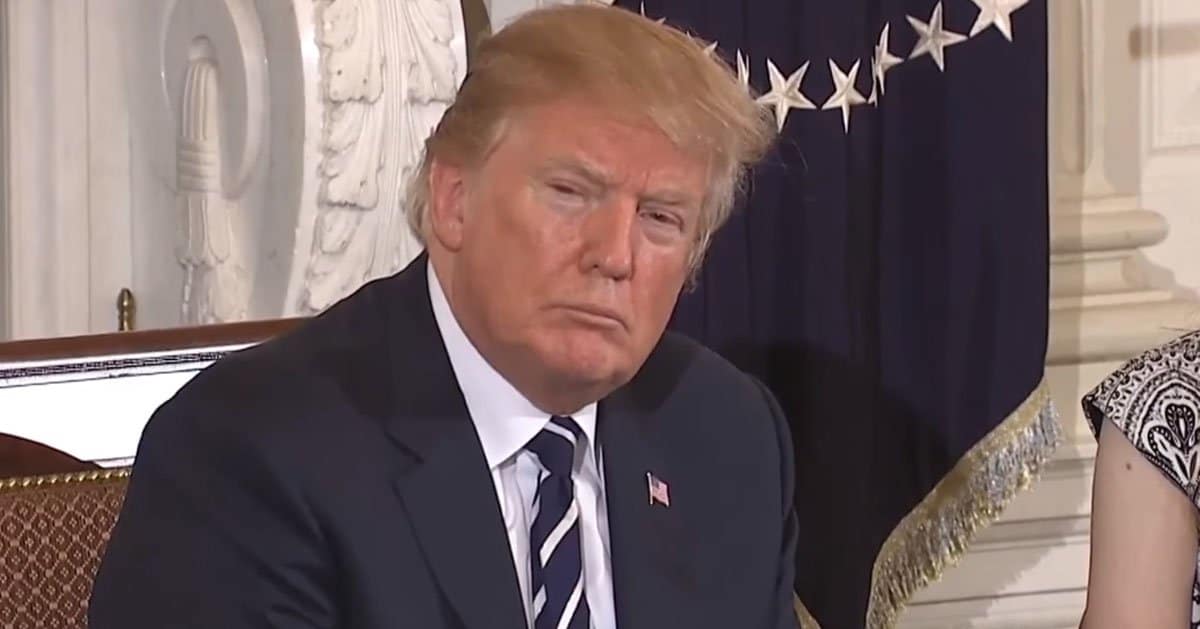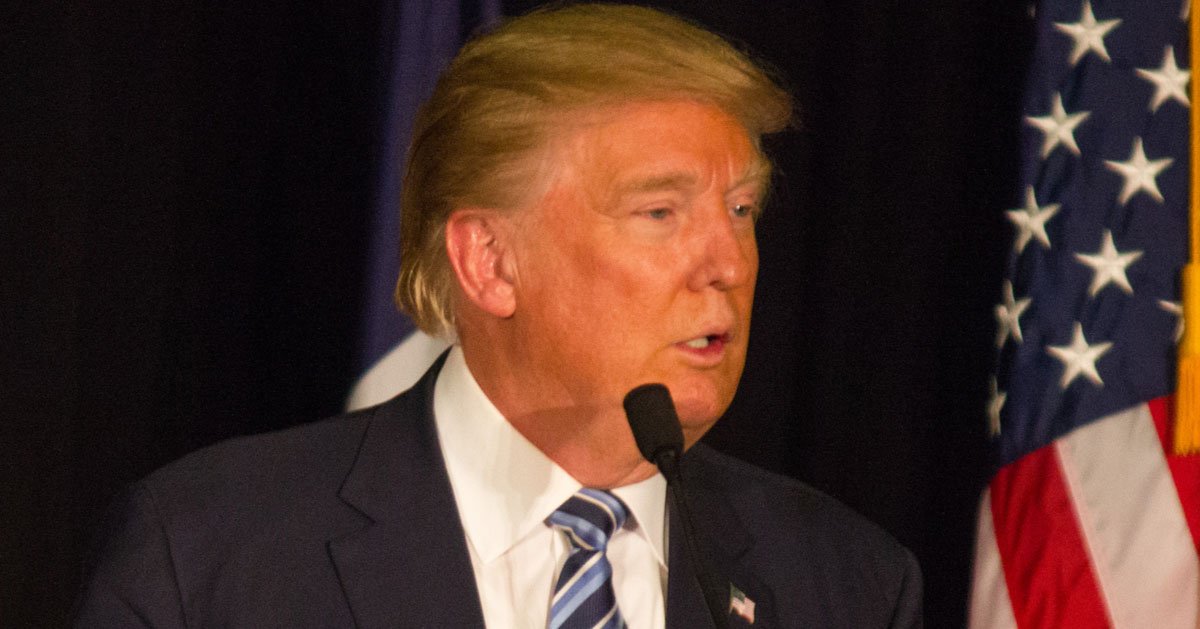








President Donald Trump has assured that he will comply with court decisions that obstruct portions of his administration's agenda, while voicing concern over the delay caused by such rulings. The remarks come amidst several legal challenges against the administration's attempts to reduce government expenditure.
Newsmax reported that Trump indicated his commitment to respecting judicial decisions, despite frustrations about postponed momentum and the possibility that these judges are conspiring with federal bureaucrats to cover up corruption.
In a conversation with reporters in the Oval Office on Tuesday, Trump spoke candidly about his administration's legal hurdles.
Lawsuits have emerged in response to his efforts to cut back on federal spending initiatives, a core element of his administration's policy.
A significant legal battle involves 22 states that have filed a lawsuit against the Trump administration. They aim to prevent cuts to funding for the National Institutes of Health (NIH) research initiatives. These states argue that the cuts would severely impact scientific research and development across the nation.
The NIH, renowned for its groundbreaking work in health and medical research, stands to lose substantial financial support under the proposed budget reductions.
States argue that cutting such vital funding could have long-term negative impacts on healthcare advancements.
Meanwhile, a separate lawsuit has been spearheaded by government worker unions, which are challenging the administration over proposed budget cuts at the United States Agency for International Development (USAID).
This lawsuit, reported on Thursday, underscores a broader discontent among federal employees about potential job losses and reduced resources for international aid.
These associations argue that the planned cuts undermine the U.S.'s humanitarian efforts worldwide, potentially diminishing its influence and ability to assist in global development projects. The tension reflects broader concerns about the implications of limiting government agency budgets.
While expressing his intention to respect the judiciary, Trump also highlighted his dissatisfaction with the slow pace of legal proceedings. He noted that while he respects the court's decisions, the extension of appeal processes is frustrating: "I always abide by the courts and then I'll have to appeal it," Trump remarked.
He elaborated on how such delays hinder his momentum, suggesting that they provide opportunities for "crooked people" to obscure their financial practices. This rhetoric aligns with his administration's frequent critique of what it perceives as systemic inefficiencies and corruption.
Furthermore, Trump presented a hypothetical scenario wherein a judge is faced with deciding whether to approve a "corrupt check" return. He expressed hope that a judge would opt against distributing potentially misallocated funds, instead advocating for the money to be reimbursed to taxpayers.
Trump used this illustration to emphasize the need for prudent judicial oversight, stressing the importance of accountability and transparency in government financial dealings. This narrative reinforces his administration's stance on fiscal responsibility and ethical governance.
The legal challenges confronting Trump's administration are diverse, touching on various sectors and priorities. The lawsuits filed by states and unions represent significant resistance to the administration's budgetary reformation plans.
These legal actions are indicative of the broader battle between governmental fiscal austerity measures and the perceived need to sustain critical programs and initiatives. The outcomes of these cases could have profound implications for federal budgeting and program management.
As Trump's presidency progresses, these judicial confrontations are likely to shape its legacy. Balancing fiscal responsibility with public welfare is a complex issue, and the administration's approach continues to draw both applause and scrutiny.
Observers will be closely monitoring how these cases unfold in court, as their resolutions may set important precedents for federal spending policies and the balance of power between different branches of government.



